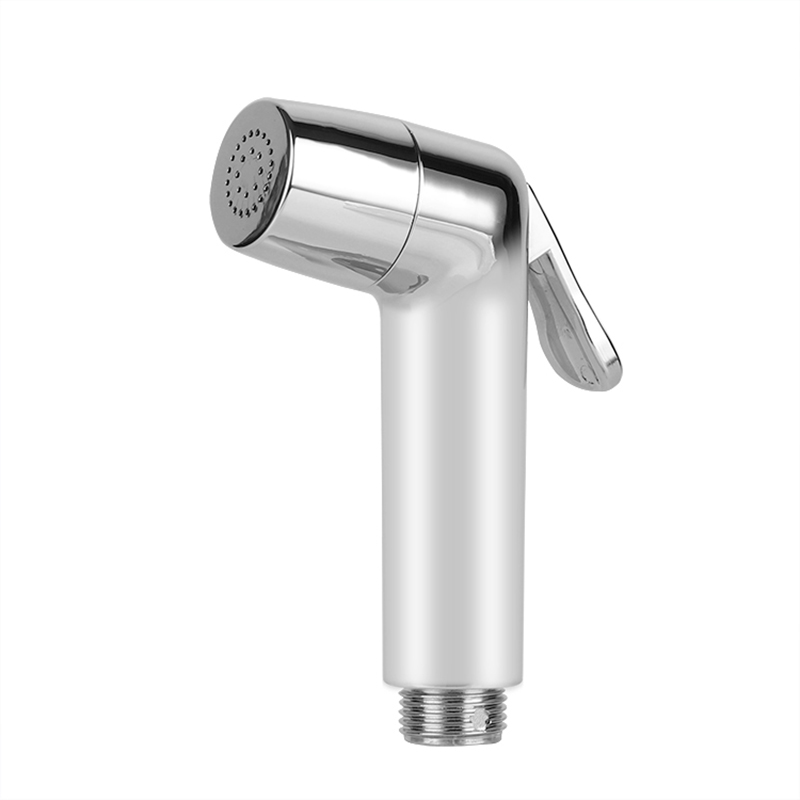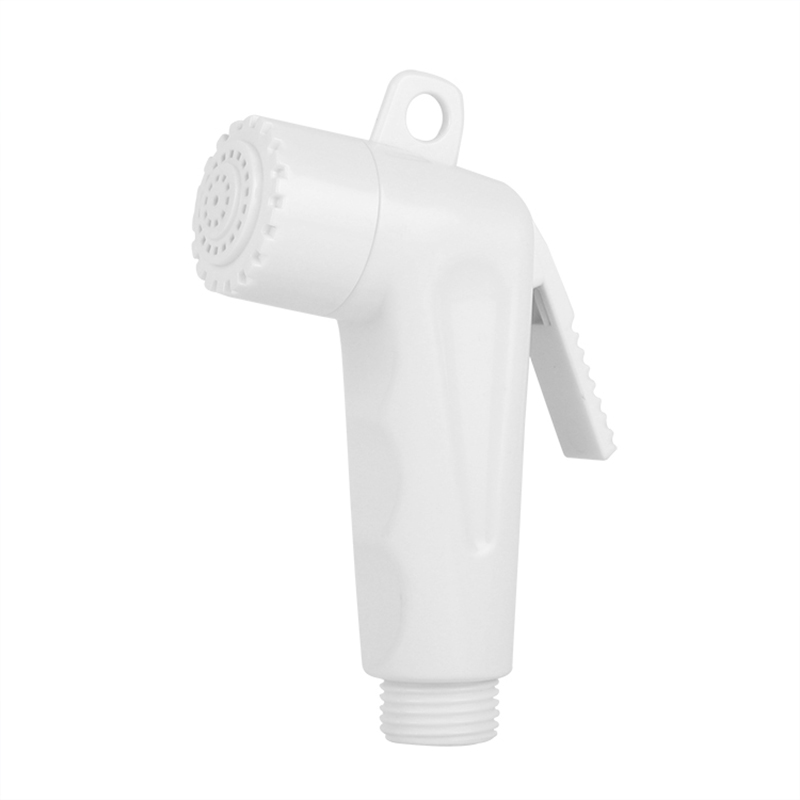For homeowners battling hard water, choosing durable and safe bathroom fixtures is crucial. Stainless steel shower hoses are a popular choice for their sleek look and perceived durability, but are they truly safe and effective when faced with mineral-rich hard water?
Understanding the Hard Water Challenge
Hard water contains high levels of dissolved minerals, primarily calcium and magnesium carbonates. These minerals readily precipitate out of the water, especially when heated or when water evaporates, forming the stubborn white or yellowish scale deposits familiar on showerheads, faucets, and inside pipes. This scaling reduces water flow, damages appliances, and creates a breeding ground for bacteria if not managed.
The Stainless Steel Advantage (Mostly)
The outer braid of a stainless steel shower hose provides significant benefits in a hard water environment:
- Corrosion Resistance: True 304 or 316 grade stainless steel is highly resistant to rust and corrosion caused by water and minerals. Unlike cheaper metals or plated finishes, it won't degrade, flake, or leach harmful metals into your water supply when exposed to hard water over time. This makes it inherently safe from a material leaching perspective.
- Durability: The steel braid offers excellent protection against kinks, bursts, and physical damage, maintaining water pressure and hose integrity far better than basic plastic or rubber hoses. Hard water doesn't weaken the steel structure itself.
- Temperature Tolerance: Stainless steel braiding handles hot water well, which is often when scaling occurs most rapidly. This stability prevents hose failure under thermal stress.
The Inner Tube: The Critical Factor
While the stainless steel braid is robust, the hose's performance and safety regarding scale buildup primarily depend on the inner tube material:
- EPDM Rubber (Ethylene Propylene Diene Monomer): This is the gold standard for shower hoses, especially with hard water. EPDM has excellent resistance to high temperatures, ozone, and importantly, mineral scaling. Its smooth surface and chemical composition make it harder for scale to adhere strongly compared to cheaper rubbers. It's also certified safe for potable water contact.
- PVC (Polyvinyl Chloride): While cheaper and still water-safe, PVC inner tubes are generally less resistant to high temperatures and are more prone to scale adhesion than EPDM. Scale can build up faster inside a PVC tube, potentially restricting flow more quickly over time. PVC may also become brittle faster under heat stress.
Hard Water Safety: The Verdict
- Material Safety: A quality stainless steel shower hose with a food-grade EPDM (or PVC) inner liner is safe for use with hard water. The stainless steel won't corrode or leach harmful substances, and certified inner tubes ensure water quality isn't compromised.
- Scale Resistance & Longevity: While no shower hose is entirely immune to scale buildup in severe hard water conditions, a stainless steel hose with an EPDM inner tube offers the best resistance. It will perform significantly better and last longer than hoses with basic rubber or PVC liners, which can degrade faster and clog more readily. The stainless braid protects the inner tube from physical damage, contributing to overall longevity.
- Not a Scale-Free Solution: It's crucial to understand that even the best stainless steel/EPDM hose will still accumulate some scale internally over time in hard water areas. The advantage is that the buildup is slower, and the hose is easier to maintain.
Maximizing Your Stainless Steel Hose in Hard Water
- Choose EPDM: Opt for hoses explicitly stating they have an EPDM inner tube for superior scale resistance and heat tolerance.
- Regular Maintenance is Key: Periodically:
- Remove the hose and showerhead.
- Soak the showerhead in white vinegar or a dedicated descaling solution to dissolve external scale.
- Flush the hose itself with the same solution by submerging it or running the solution through it (follow manufacturer instructions if available).
- Rinse thoroughly with clean water before reattaching.
- Consider Whole-House Solutions: For severe hard water, addressing the issue at its source with a water softener is the most effective long-term strategy to protect all your plumbing, fixtures, and appliances, including your shower hose.
A quality stainless steel shower hose, particularly one featuring an EPDM inner tube, is a safe and highly recommended choice for homes with hard water. Its corrosion resistance, durability, and superior scale resistance compared to alternatives make it a reliable and long-lasting component of your shower. However, remember that hard water inevitably leads to scale buildup. Regular cleaning and maintenance of your shower hose (and head) remain essential practices to ensure optimal performance and extend its lifespan, regardless of the hose material. Investing in the right hose and maintaining it properly provides significant benefits in a challenging hard water environment.

 English
English 中文简体
中文简体












